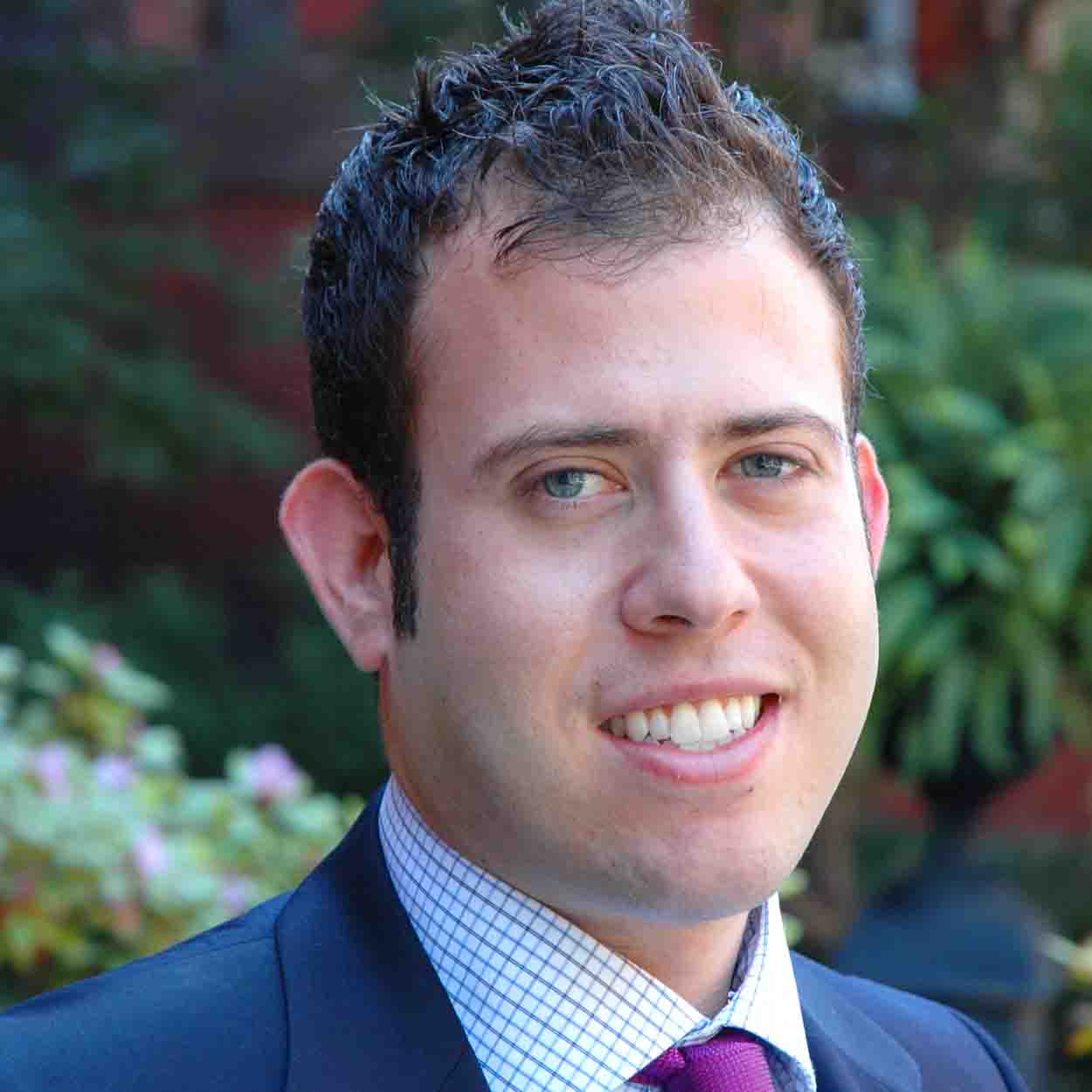
James Kirchick
After announcing his candidacy for the alumni fellow position on the Yale Corporation, journalist and author James Kirchick ’06 spent the summer openly campaigning in an effort to garner the 4,266 alumni signatures necessary to secure a spot on the ballot next year.
Since Kirchick was not one of the two candidates nominated this year by the Alumni Nominating Committee — a body appointed by the Association of Yale Alumni — he must petition to make the ballot next spring. Over the summer, he hosted receptions across the country to meet with alumni and promote his platform ideas, which include reforming the alumni fellow election, protecting free speech on campus, promoting viewpoint diversity and reducing administrative bloat. In his estimation, around 400 people have attended his events thus far, Kirchick said. He added that he has already received signatures from nearly 2,000 alumni and has been “energized” by their support.
To be eligible for the ballot, Kirchick will need to gather the remaining signatures by 11:59 on Oct. 1. The total number of signatures necessary is equal to 3 percent of the ballots distributed in the prior year’s election. The first three petition nominees who meet the criteria will be listed with short biographies on the ballot, alongside candidates nominated by the Alumni Fellow Nominating Committee.
Kirchick said the values he wants Yale to defend are “basic liberal ones.” He added that these values appeal to a broad base of people, noting that he has received endorsements from a politically diverse array of Yale figures, including former English professor William Deresiewicz, former U.S. Sen. Joe Lieberman ’64 LAW ’67, former Alaska Gov. Tony Knowles ’68 and professor of classics and history and former Dean of Yale College Donald Kagan.
“The University needs leaders on its governing board who will vigorously stand up for a robust culture of free speech, especially when it’s challenged,” Lieberman wrote in his endorsement. “This is not a political issue, but a vital commitment for institutions of higher learning. Yale alumni deserve a real choice in this election, and Jamie is offering precisely that.”
But many alumni have expressed concerns about Kirchick’s platform and candidacy.
In an interview with the News over the summer, Kirchick said that the trustee election process was “undemocratic” and that he believes candidates should voice their stances on crucial issues in higher education. He opposed graduate student unionization and the University’s decision to change the title “master” to “head of college,” as well as the decision to award the 2017 Nakanishi Prize for leadership “in enhancing race and/or ethnic relations at Yale College” to one of the student leaders of the campus protests in the fall of 2015. He also said that the high numbers cited for campus sexual assault rates were often inaccurate. In his platform, Kirchick proposes cutting administrative positions in the Title IX office and Office of Equal Opportunity Programs, as well as other affiliated positions, and suggests the extra funds be used to lower tuition and expand financial aid.
David McWhirter ’72, an English professor at Texas A&M University, said that although Kirchick likes to “pose as a reasonable conservative,” he is “just another whining right-winger” who believes that student protesters are “mobs” and that conservatives are not welcome at Yale.
“As a university professor for 35 years, I am more than a little tired of baseless right wing attacks on higher education by Kirchick and his kind,” McWhirter said. “Yale, like most American universities, is at heart a profoundly conservative institution. The fact that Kirchick’s often racist and sexist views are not widely shared at Yale is, for this Yalie at least, something to be celebrated.”
Emily Paterson ’99 said that although she respects Kirchick for putting together a public platform and bringing attention to “what appears to be” an undemocratic process of election for Yale Corporation fellows, she does not support his candidacy. Kirchick’s campaign, Paterson said, promotes “a false dichotomy of the protection of free speech versus institutional anti-racism efforts.”
Paterson added that Kirchick’s statements about the 2015 campus protests show him to have a “limited” understanding of the events and their context: specifically that of “historic and ongoing racism that is perpetuated, both overtly and quietly, against students of color at Yale.”
The last petition nominee to secure a spot on the ballot was local pastor Rev. W. David Lee DIV ’93, who contested the alumni fellow election in 2002. After a highly politicized election, Lee lost to architect Maya Lin ’81 ARC ’86 in a landslide.
Anastasiia Posnova | anastasiia.posnova@yale.edu







